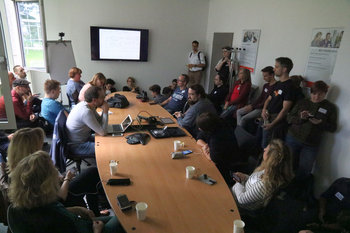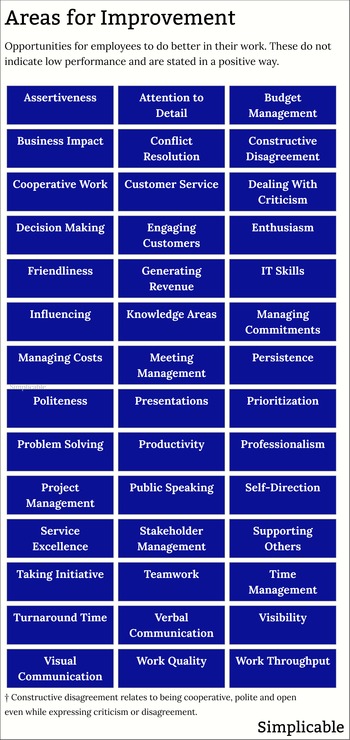
Innovation vs Improvement
Innovation is a program of bold experimentation that seeks to challenge the status quo. Improvement is a more incremental process of changing things, measuring and changing again. Each of these change strategies has its place. For example, an innovative new company that invents a new business model that threatens much larger firms in an industry may need to quickly improve in areas such as marketing and operations in order to build market share before others enter the market with the same business model.Planned vs Emergent
Planned change is planned up front, often by developing requirements and designs. Emergent change happens incrementally. For example, a software development project may spend months planning hundreds of features up front and then develop the project over nine months such that a single release takes about a year. Alternatively, a software development project may plan as it goes and implement a few features every three weeks. This allows working code to be launched quickly to get real world feedback.Top Down vs Bottom Up
Change can be planned from the top or can incorporate ideas from all stakeholders. For example, a city might plan improvements using "experts" in areas such as urban planning, urban sociology and smart city technologies. Alternatively, communities may play a role such that each neighborhood tries different approaches. This may give each neighborhood a unique character and lead to more satisfaction with spending amongst tax payers. Things that work well might be scaled out across the city.Competitive Parity vs Competitive Advantage
Change can be designed to catch-up to your competitors by emulating their products, services and processes. Alternatively, you may lead the way by establishing unique and valuable advantages over the competition.Proactive vs Last Responsible Moment vs Reactive vs No-Change
Proactive change is driven by your predictions of the future. Last responsible moment is change that is only done when it is sure to add significant value. This can be based on near-certain predictions of the future. Reactive change is pushed by the current state of things. No-change is the strategic choice to do nothing. For example, if you are certain a competitor is going to fail with a new strategy, you need not change to challenge the strategy in the market. Doing nothing is a type of strategy as it conserves your resources and may be a strategic advantage.Change Management
Change management is a set of strategies for change leadership. Too often, sponsors of a project issue a command that a project be done without leading it properly. Change management is the practice of selling change, motivating teams, sidelining resistance to change, enabling and rewarding change agents, managing issues and adapting change to real world conditions.| Overview: Change Strategy | ||
Type | ||
Definition | An approach to change. | |
Related Concepts | ||



























